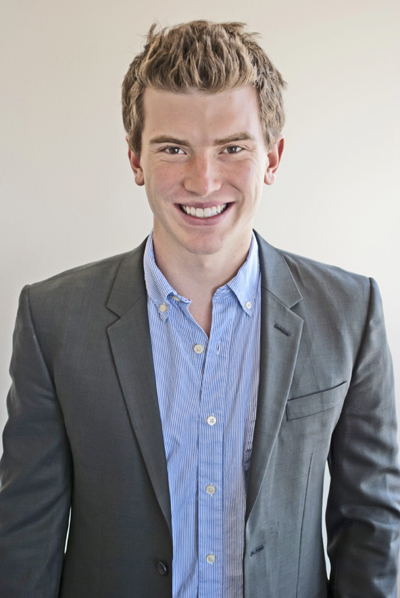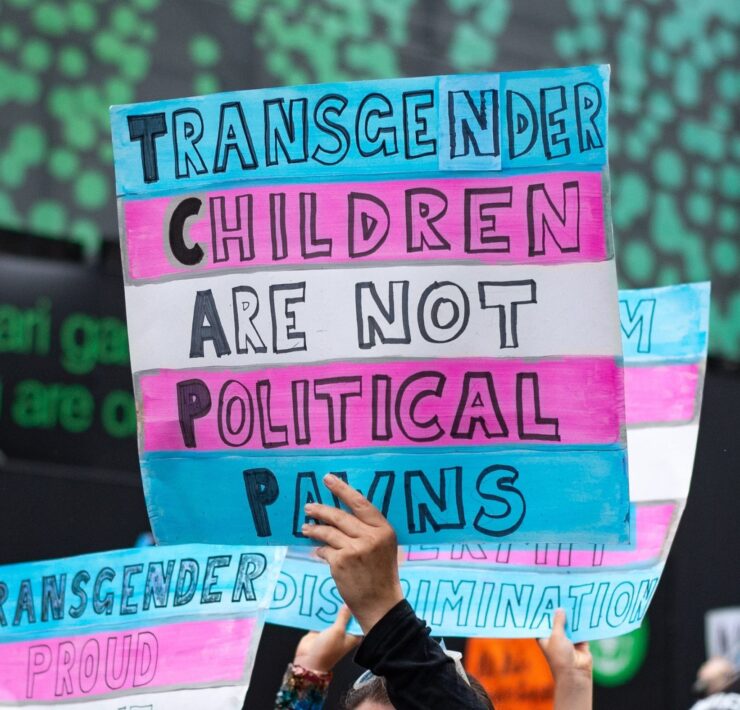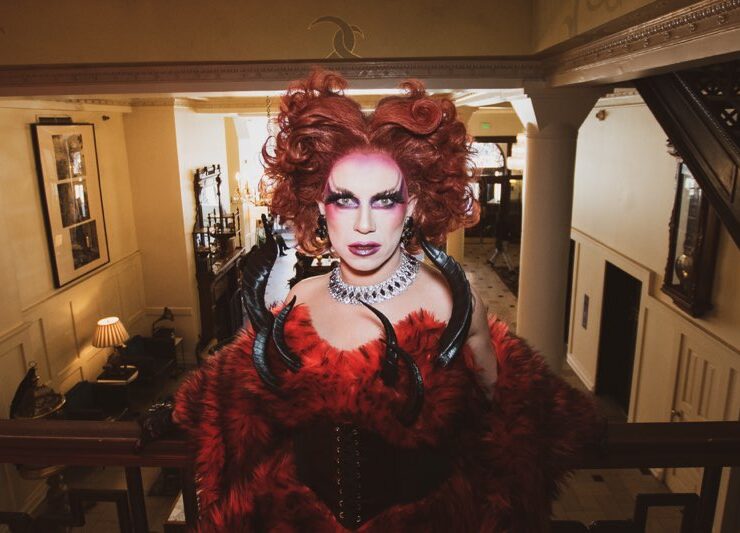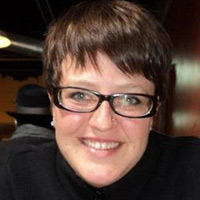Fitting the pieces together

By Sam Roecker
My summer story is one of revelation and of coming to understand the internal intersection of privilege with minority identities – and how those are often best defined when you have that feeling of being “the only one” in the room.
After finishing my first year of college at Tulane, I was part of The Denver Foundation’s nonprofit internship program, which “connects underrepresented youth to the nonprofit sector.” I recall reading those words in the application materials last winter, and they certainly didn’t match my credentials. Me, underrepresented? Try privileged: a white, private school-educated male.
I did begin to realize that I am underrepresented in some regards – the nonprofit sector is comprised, primarily, of women and I am a gay male.
My coming out story is different from most. There was no religious oppression, no conservative upbringing echoing the words of hateful political figures, or relatives disgusted that I wouldn’t be marrying a nice Jewish girl. Rather, my story was quite the opposite. I was raised by a single mother – a powerful businesswoman with a proud progressive voice who, from day one, taught me to accept people for who they are.
Despite my misgivings about my eligibility, I thought there was no risk in applying for an internship, even one that accepts less than 10 percent of the applicants.
Yet, to my surprise, I was called back for an interview with Strengthening Neighborhoods, a program of The Denver Foundation. I prepared vigorously, anticipating a grueling vetting of my credentials – ready to wow the interviewing team with my expertise.
This was my first “aha” moment. My interviewers (and future co-workers), were less interested in my credentials, and far more interested in my personal story – who I was and how my identity shaped my work.
It was at this moment that I realized my greatest asset is that my story is different.
My perspective is shaped, in great part, by an experience in middle school (at a local and exclusive private school). One of my teachers – the only openly gay and African-American teacher at the school – had received hate-mail threatening to take his life if he did not immediately leave. Each morning, the students, including myself, watched as he arrived with a police escort. To an adolescent boy struggling with his own identity, this sent me one message loud and clear: “you are not welcome.”
The experience shaped me in two ways. First, it forced me to confront my own identity at a young age, and while I never felt afraid or attacked personally, I did realize I fell into the same bucket of ‘difference’ that we are conditioned to fear. Second, while these types of pivotal experiences cause many people to hide their identities, the effects of carrying that kind of baggage are well known. I knew I couldn’t let this experience weigh me down – it had to propel me forward to action.
Recalling this experience made me realize that true inclusiveness is the power people have to be themselves wherever they are. But we often water it down to a ‘kumbaya’ approach: everyone holds hands and pretends like we’re all “cool” with each other. It takes courageous leadership to introduce a discussion that digs up raw emotions. The entire experience was incredibly powerful.
My 10-week internship allowed me to weave together numerous “aha” moments into a personal revelation that what I’d gained was far more than just professional experience. Undoubtedly, I did help The Denver Foundation through the intentional use of my skills. But, what I could never have anticipated was a challenge to my core understanding of what it means to be inclusive, and the value behind the unique voice I bring to the table.
Sam Roecker is a Denver native. He is a sophomore at Tulane University in New Orleans.
What's Your Reaction?
Founded in 1976, Out Front is the largest LGBTQ news organization in the Rocky Mountains. "Like" Out Front on Facebook: facebook.com/outfrontcolorado, and follow us on Twitter: @outfrontco.










